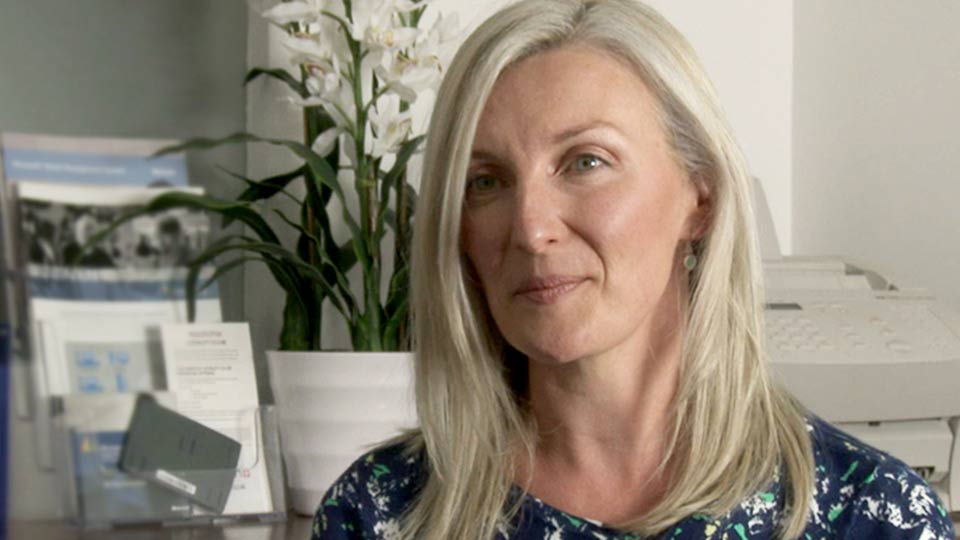
16
Pippa Grange
How to win deep
July 21, 2020
DR PIPPA GRANGE was Head of People and Team Development for the Football Association and worked as a performance psychologist with Gareth Southgate’s England during the 2018 World Cup in Russia.
The culture coach – who is the author of a new book ‘How to Win at Life Without Losing Yourself’ – was the guest on episode #16 of the TGG Podcast and told us about the differences between winning deep and shallow.
WINNING DEEP
Dr Pippa Grange: I coined the terms winning deep and winning shallow because I’d noticed so many people who had absolutely every trapping of success – and from the outside looked like absolute champions – but still didn’t feel fulfilled.
It was a ‘not-good-enough’ kind of unfulfilled. The pattern was that there was always a feeing of scarcity – a mentality of never having enough, or not being good enough; a no finish line mentality.
It really robs people of joy and the purpose of their sporting achievements, which is testing your own metal and knowing you left nothing out there.
If there’s no feeling of a joyful full stop at the end, then what’s the point? Winning shallow is if you’re constantly chasing the next thing, but none of it ever feels like it fulfils you.
That’s a very lonely place to be.
Winning deep is where you actually manage to achieve that feeling of joy, fulfilment, sense of purpose. Meaning is the central bit.
MICHAEL JORDAN’S ETERNAL DRIVE
My question when I watched The Last Dance was how did he feel? Was it worth it? Did he find what he was looking for? What was his holy grail?
Michael Jordan is maybe a superhuman athlete, but I wish I could ask him that question – did you feel the way you thought you would when you were a six-year-old kid playing basketball in the back yard?
Did you feel the way you thought you would when all the glory came your way?
I think some people can thrive on that eternal drive, but for most people it’s just too exhausting and, in my opinion, there are many more people who will do better with a sense of freedom and if they can take all the risks they want.
They can find that gritty, never-give-up energy, without having to feel that nothing is ever enough. Can you feel reward for what you are putting your blood sweat and tears into?
There might be moments in a season where a team really needs a good rev up and pushing harder is exactly right; or times where you need to take your foot off the gas because they’re exhausted or bored and something has to give. It’s dynamic, rather than a set point.
Being constantly aware and being able to read the dash of where the team is at or where you’re at, and not being afraid to do less, is key for a leader.
It takes courage to do less, if the mood isn’t right or the tone isn’t right.
GARETH SOUTHGATE’S ‘HUMANISM’
Gareth is very much on the record as being an open-minded, forward-thinking, humanistic kind of coach. He’s interested in people and one thing I really respect about him is that he behaves the same with players and staff.
His willingness to step forward and build those extraordinary relationships with staff and show care means he really is an excellent leader in that respect. But also he’s an excellent listener, a person who will take guidance without ego, which will make a job like I had so much easier.
If you don’t have to compete for air space you can have conversations that really matter.
(With England) I had an amazing coach who gave me full access and said: ‘Ok, I’m going to trust you. I’m going to listen and we’ll roll with it.’ That made it so much easier, because there was buy-in from the top.
THE ‘EMOTIONAL STUFF’
I’ve heard coaches talk about psychology and say: ‘We don’t do this emotional stuff, we don’t do this fluff.’ But, I tell you what – if you look at any coach on the sideline, you will see emotion.
Anyone who has been involved with sport across their life will know how much love there is in it. In fact, that is the point, what I call winning deep – the relationships, the love, the journey you go on together.
It’s how you position it.
Why would you be more vulnerable? It’s not for the sake of it – it’s because more vulnerability leads to more freedom which leads to the ability to take the kind of risks you need to win. All of it is purposeful.
The old notion of performance psychology is: ‘Ok, somebody has a mental block about taking a penalty.’ That’s really just a small slither of the work that’s done though.
The more impactful stuff is what is the tone of this team? How free can people be in this team? Can people raise their voice if they’ve got a concern? What’s the quality of relationships? What gets left unsaid?
When somebody can open those conversations compassionately and with skill, that’s really a deal changer.
When those things can be brought to life we’re really working at the right level.